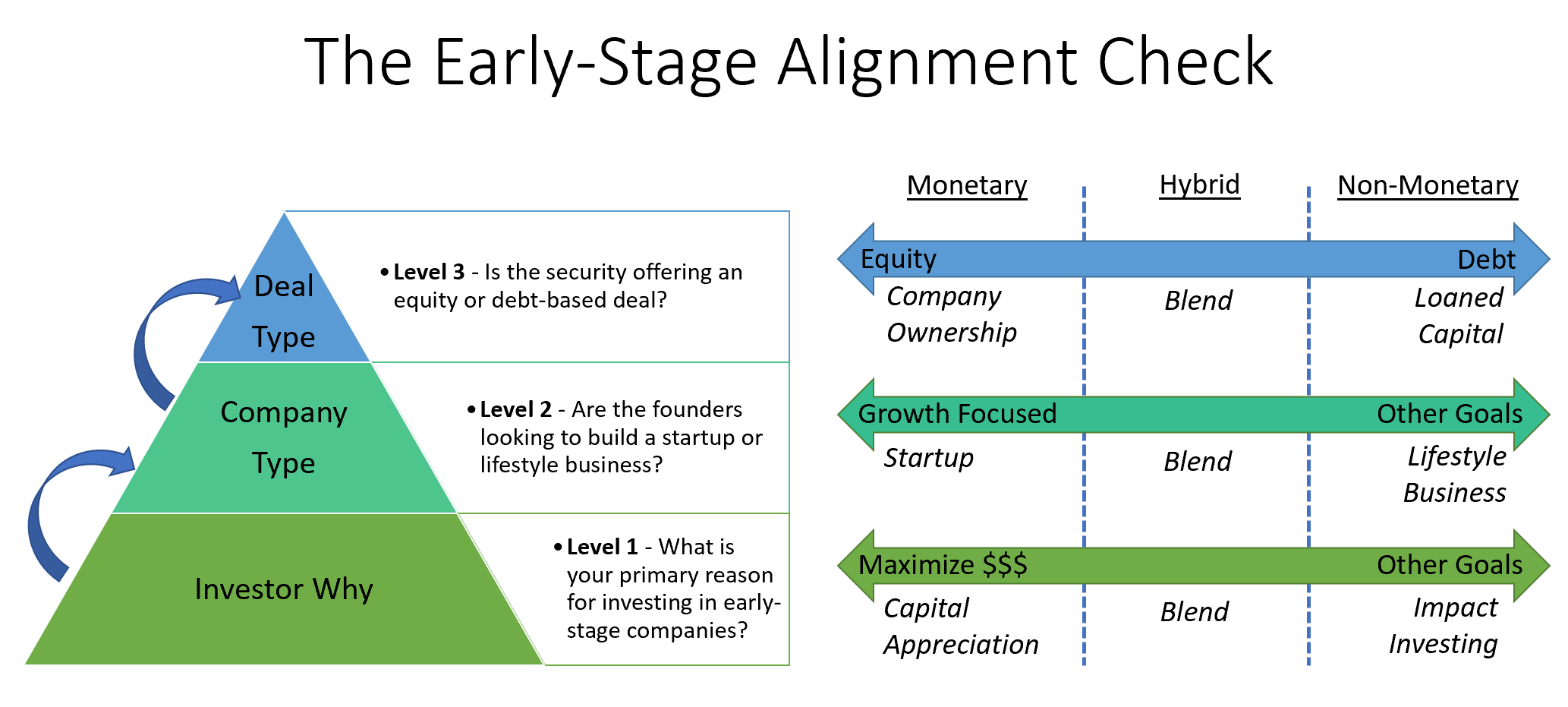Financial investment companies spend money on part of their customers that, in return, share in the profits and losses.

Investment firms do not include broker agent companies, insurance coverage firms, or financial institutions.
A significant kind of business not covered under the Investment Firm Act 1940 is personal investment companies, which are just private companies that make investments in stocks or bonds, however are limited to under 250 capitalists and are not regulated by the SEC. These funds are frequently composed of very well-off investors.
This offers particular defenses and oversight for capitalists. Controlled funds normally have constraints on the types and quantities of financial investments the fund supervisor can make. Normally, managed funds might only purchase detailed safety and securities and no greater than 5% of the fund might be bought a single protection. The majority of investment firm are common funds, both in regards to number of funds and assets under administration.
Investment Management around Dallas
The very first investment company were established in Europe in the late 1700s by a Dutch investor who wished to allow little investors to merge their funds and branch out. This is where the idea of investment firm come from, as specified by K. Geert Rouwenhorst. In the 1800s in England, "financial investment pooling" emerged with trusts that looked like modern-day financial investment funds in structure.

New safety and securities policies in the 1930s like the 1933 Securities Act brought back financier self-confidence.
In 1938, it licensed the development of self-regulatory companies like FINRA to oversee broker-dealers. The Stocks Act of 1933 calls for public safety and securities offerings, including of investment company shares, to be registered. It additionally mandates that capitalists get a present prospectus defining the fund. "Investment Firms". U.S. Securities and Exchange Commission (SEC).
Investment Company
Lemke, Lins and Smith, Guideline of Investment Firm, 4.01 (Matthew Bender, 2016 ed.). Chaudhry, Sayan; Kulkarni, Chinmay (2021-06-28). "Design Patterns of Spending Applications and Their Effects on Investing Habits". ACM. pp. 777788. doi:10.1145/ 3461778.3462008. ISBN 978-1-4503-8476-6. "Investment Clubs and the SEC",, Changed January 16, 2013. (PDF). Investment Firm Institute. 2023.
In retail investment funds, hundreds of investors might be involved via middlemans, and they might have little or no control of the fund's tasks or expertise about the identities of various other financiers. The possible number of investors in a private mutual fund is typically smaller sized than retail funds. Personal financial investment funds have a tendency to target high-net-worth individuals, including politically subjected persons, and fund managers may have a close relationship with their client capitalists.

Easy funds have actually been expanding in their market share, and in some territories they hold a considerable portion of possession in openly traded firms. There are lots of different categories for mutual fund. Some are closed-end, implying they have a fixed number of shares or capital, whilst others are open-end, suggesting they can expand into unrestricted shares or funding.
The prices, risk, and terms of by-products are based on a hidden property, and they permit investors to hedge a placement, boost leverage, or speculate on an asset's adjustment in value. A financier might have both a supply and a choice on the exact same stock that enables them to sell it at a set rate; therefore, if the stock's price falls, the choice still preserves value, decreasing the investor's losses.
Whilst thought about, provided the focus of this rundown on the BOT of corporate automobiles, a complete treatment of the useful ownership of properties is outside its extent. A financial investment fund functions as a conduit to take advantage of several possessions being held as financial investments. Investors can be individuals, corporate automobiles, or organizations, and there are usually a number of intermediaries between the financier and mutual fund along with in between the mutual fund and the underlying financial possessions, specifically if the fund's systems are exchange-traded (Box 1).
Investment Firms
Depending upon its lawful type and framework, the individuals exercising control of a mutual fund itself can differ from the people who have and gain from the underlying assets being held by the fund at any given time, either straight or indirectly. Both retail and exclusive financial investment funds commonly have fund managers or advisors who make investment choices for the fund, choosing protections that align with the fund's purposes and run the risk of tolerance.
and work as intermediaries between financiers and the fund, helping with the acquiring and selling of fund shares. They attach capitalists with the fund's shares and perform trades on their part. manage the enrollment and transfer of fund shares, maintaining a document of investors, refining possession changes, and providing proxy materials for shareholder meetings.
Navigation
Latest Posts
Investment Firms local to Dallas, Texas
Investment Company servicing Dallas
Investment Management around Dallas, Texas